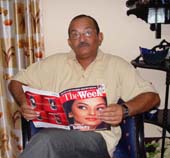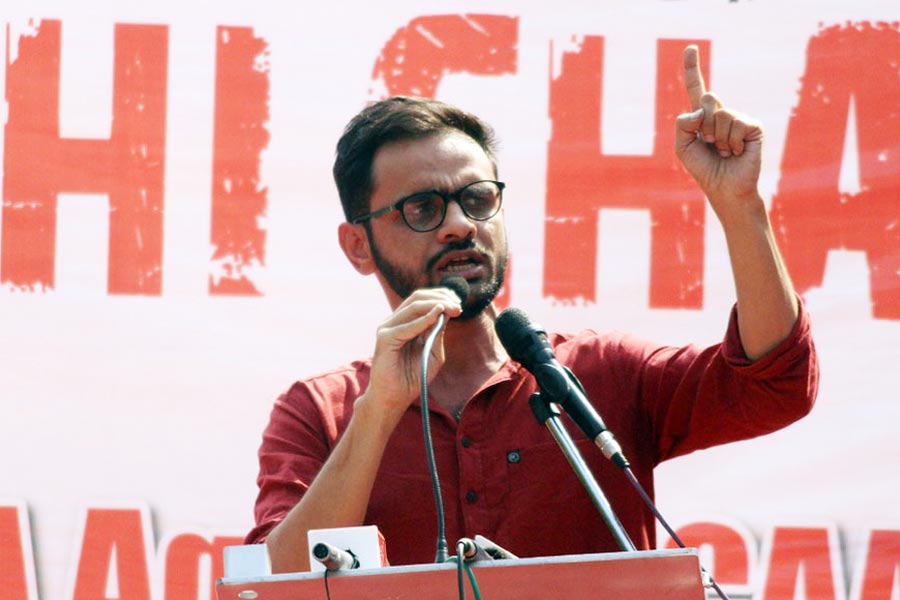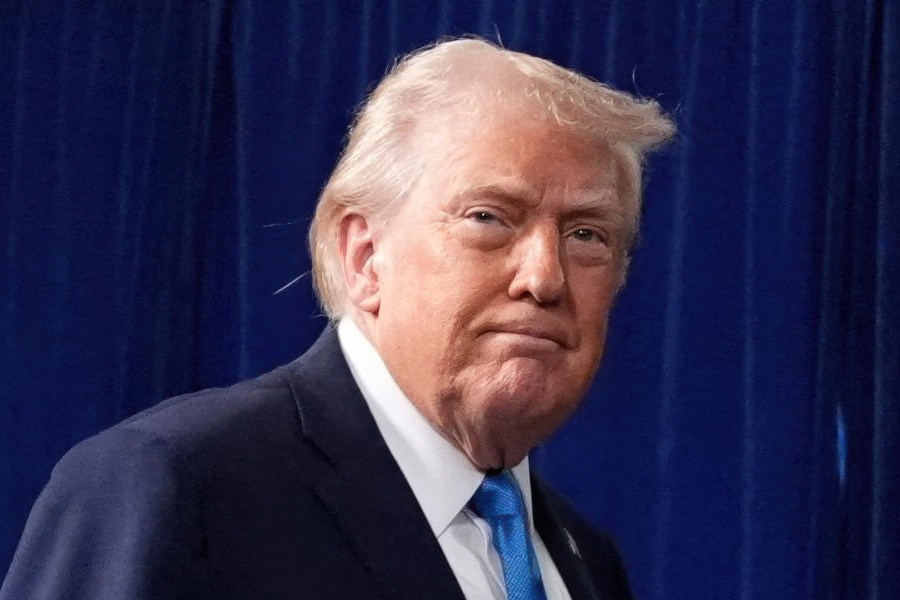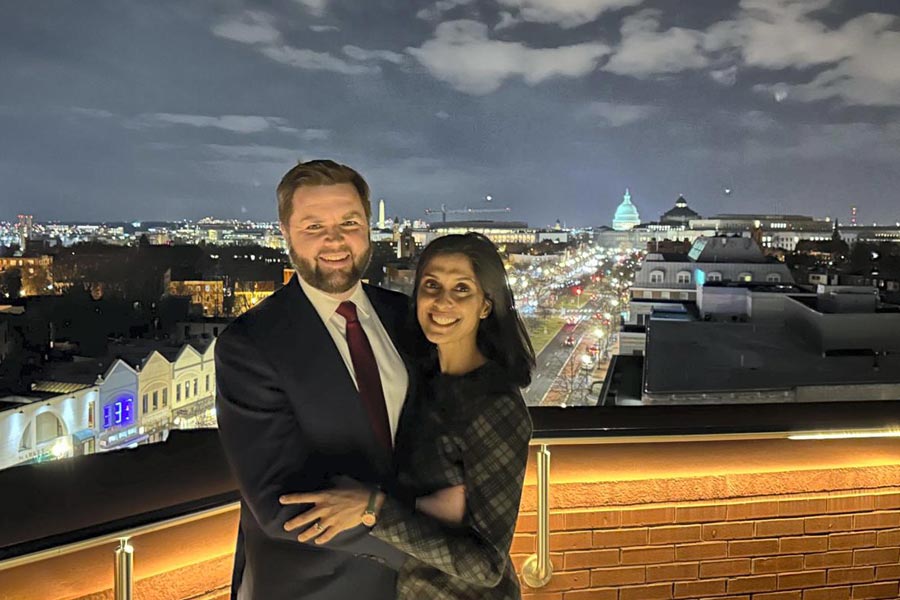 |
He is the box office guru, the master craftsman who holds the key to the cinephiles? taste. Thus, every venture of his is a success story. These days Munin Barua is in the seventh heaven, savouring the adulation and appreciation from both the masses and critics for his latest release Dinabandhu.
?Good response from every corner fills my heart. The amount of hard work put into any venture comes to a logical conclusion if the audience comes to the cinema. What more can one ask for,? he says.
?I have chosen the story of the great master, Bhabendranath Saikia, as it is based on an interesting subject. I was not looking for any critical approval as all my projects are meant for the common audience and if the critics notice it, I feel obliged,? he says.
?Dinabandhu is the story of human life, its struggle and various kinds of emotional and physical toil one encounters in the due process and rest I hope people will come to know after they see the film in the theatre.?
Born in Golaghat in 1947, Munin Barua received his primary education in his hometown. ?I did a few years of my high school in Don Bosco, Guwahati, and thereafter I again took a journey back to my home,? he recollects. ?As most of my family members are artistically inclined, I was brought up in an artistic ambience.?
As a boy, Barua was skilful mandolin player and his understanding in music brought him in close proximity with theatre. ?I started my career by scoring background music for various plays in my hometown and somehow I developed a deep sense of belonging to the world of drama,? he muses.
?In college, in my very first performance as an actor, I was declared the best actor. Besides the great sense of joy, I got a sense of responsibility for the medium and since then I am always prepared to encounter any sort of challenge.?
Thereafter, he translated many popular dramas from Bengali literature into Assamese and began his journey as a leading scriptwriter of the Assamese film industry. ?Along with translation, I carried on penning down my own ideas into scripts,? he says.
?As an undergraduate student in D.R. College, Golaghat, I worked under the tutelage of national award winner film director Shiva Prasad Thakur, who was a lecturer in my college.? He worked as an assistant director with Thakur in many highly acclaimed films like Phaguni, Ghar Sansar and Son Moina. ?Working with Thakur polished my skills tremendously as a film director and script writer. In 1985, I directed my first film, Pratima, along with Nipon Goswami,? he says.
Then came his critically acclaimed films Pita Putra in 1988 and Pahari Kanya in 1990. ?As my foremost concern is to entertain the audience, sending my films to film festivals never occurred to me. But on insistence of many ardent followers we sent Pita Putra to film festivals, but delay in various procedures spoilt the whole thing,? he says.
His Prabhati Pohkir Gaan also made headlines in the box office. After that, Barua took a hiatus of six years from filmmaking as Assam was going through a difficult phase. ?I can still vividly recall those days, a phase where hardly any producers were there and thus I spent my time writing scripts for mobile theatre. In six years I penned around 41 scripts and most of them were quite successful wherever they were shown,? he recalls. ?I wrote scripts for all of my films, expect Dinabandhu, since I have a firm faith in the theory that in order to visualise a film in its totality, the director must go into the depth of the subject and working on your own script makes the task much enjoyable,? he expresses.
In 1999, he created history in box office with his film Hiya Diya Niya. He reaped great success in all his ventures, namely Daag and Nayak in 2000, Kanya Daan in 2001, Bidhata in 2002 and Barood in 2003.
?Instant limelight and popularity are momentary objects, like the flicker of a candle and to create ever-lasting impression, your work should be honest. Only honest art survives the test of time and I want to build the lasting strength of pyramids,? he muses.
He constantly tries to improvise and innovate.
?I find the whole debate and deliberation on art and commercial films totally absurd. There can be only good and bad cinema and most importantly interesting films, that should have the power to mesmerise the audience for two to three hours at a stretch,? he says.
About the poor business of Assamese cinema, he says, ?Instead of making distinctions and divisions among our own peers in the film fraternity as serious or commercial filmmaker, let us retrospect and find out solutions and work hard to make our industry a success story in itself.? he says. ?As finance is the main factor for anyone into filmmaking, let us make healthy and meaningful cinema, which can attract the audience to the theatre halls.?
A winner of most of the state awards, Barua has got no interest in awards. ?I am not averse to awards, but when I am planning a project, my minds immediately ponders over the audience?s likes and dislikes,? he says.
At present, working for the pre-production of his forthcoming film, which will be a bilingual one, and writing one or two scripts for television, Barua?s mind always remains occupied with films.
?My identification is my work, my art, and without it I will be like a restless soul, searching for its moorings,? he says.










